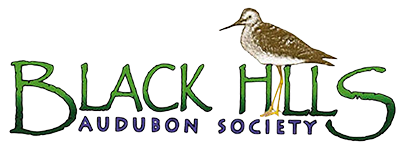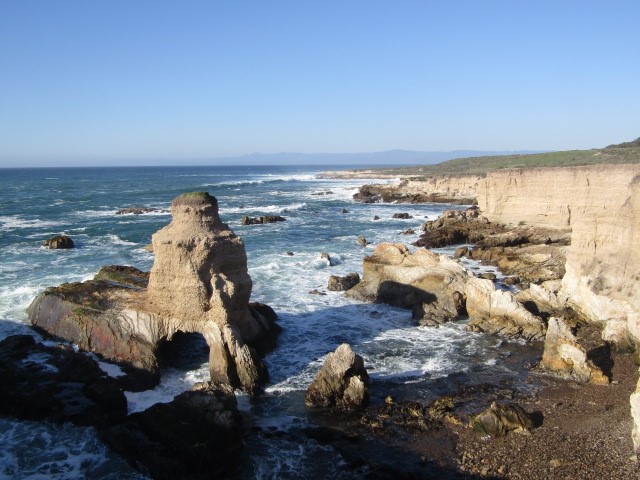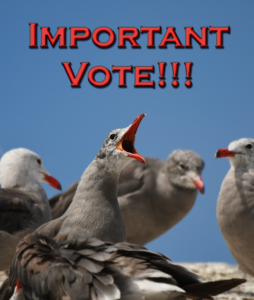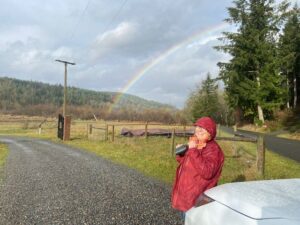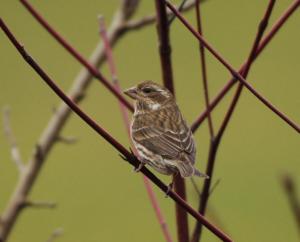COASTAL RESILIENCE
Kathleen Snyder
In August, Black Hills Audubon co-sponsored a program with Audubon Washington on Coastal Resilience in the face of climate change and rising ocean levels. Noah Linck and Jay Krienitz, both of the Washington Department of Ecology, spoke about their agency’s efforts to prepare shoreline communities, especially underserved ones, for the effects on infrastructure and wildlife that are coming. This was part of Audubon Washington’s “Audubon Around the Sound” – a Puget Sound coastal resilience tour featuring speakers, field trips, and community events aimed at bringing conservationists together to protect Puget Sound’s coastal habitats.
The program also mentioned several ways in which our BHAS community can assist in this. Below is a list of those opportunities:
1. MyCoast: Washington. This is a project of the Department of Natural Resources to gather photographs of coastal beaches, unusual tides, major marine debris, and storm surges. The photos are used to monitor coastal change and enhance the information needed by decision makers.
2. Coastal Hazards Resilience Network. CHRN has a membership of over 70 climate change practitioners from government agencies, tribes, academic institutions, consulting firms, and nonprofit organizations. This network works to address the impacts of coastal hazards and climate change by strengthening the resilience of Washington’s coastal communities.
3. Shore Friendly. This is a resource for homeowners with marine waterfront. It was created to provide these homeowners with information about how to protect their property with minimal impact to the ecology of Puget Sound.
4. Beach Naturalists. Our local program is sponsored by the Puget Sound Estuarium in Olympia. These volunteers work with people who visit our local beaches to create a greater understanding of the Puget Sound.
https://pugetsoundestuarium.org/mtb/beach-naturalist-training/
5. Master Gardeners. Sponsored by Thurston County WSU Extension, Master Gardeners are volunteers who teach people important skills for gardening challenges and to understand that everyone has a role to play in creating and sustaining healthy and resilient communities.
https://extension.wsu.edu/thurston/gardening/
6. Coastal Hazards Organizational Resilience Team (COHORT). This was developed in response to coastal communities’ request for the state to address the growing severity of natural hazards, which include flooding, erosion, sea level rise, landslides, and an earthquake/tsunami event.
https://wacoastalnetwork.com/cohort/
Whether you are a photographer, gardener, waterfront homeowner, beach comber, or interested in the coming challenges our coast faces, there is an opportunity for you to make a difference. By extension, resilient coastlines benefit our coastal birds.
Photo of California coast by Bonnie Wood.
